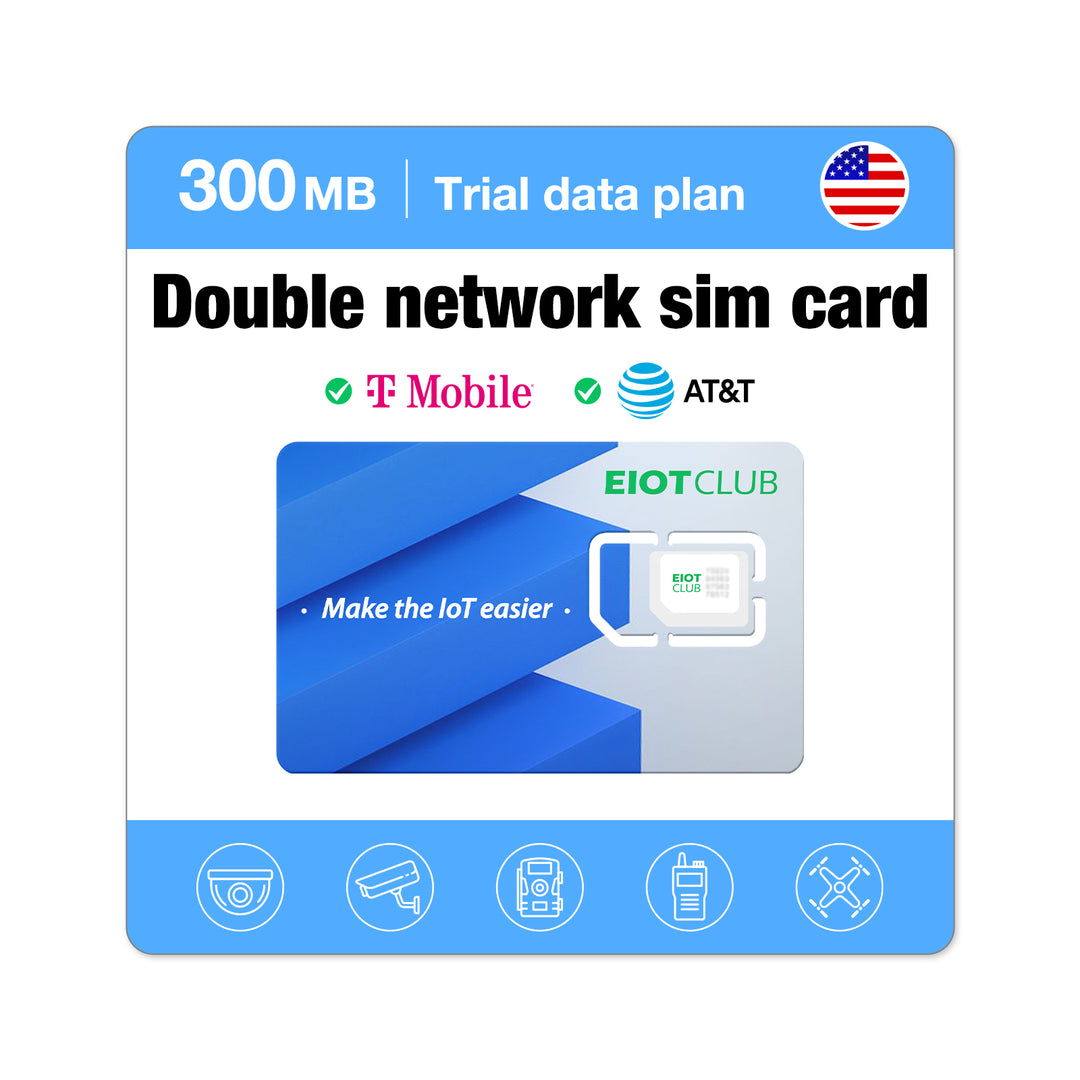Unlocking the Mystery: What Data-Only SIM Cards Are and How They Revolutionize Connectivity!
In a world where connectivity is increasingly paramount, the demand for innovative solutions to manage mobile data consumption has surged. Enter data-only SIM cards, a technology that is redefining how we connect to the internet. As people rely more on mobile data for everything from streaming videos to powering IoT devices, the traditional voice and text SIM cards are gradually being overshadowed. Data-only SIM cards cater specifically to the needs of users who require robust data services without the added features of voice calls or SMS. This article will delve into the essence of data-only SIM cards, exploring their functionality and the distinct advantages they offer in our data-driven lives.

Understanding Data-Only SIM Cards
Data-only SIM cards are specialized SIM cards designed exclusively for transmitting data, devoid of voice call or SMS functionality. While traditional SIM cards provide a combination of services, data-only SIMs serve a focused purpose: to offer seamless internet access across various devices. The technology behind these SIM cards utilizes mobile network infrastructure, allowing devices such as tablets, mobile hotspots, and IoT products to connect to the internet efficiently. The advent of data-only SIMs reflects the shift in consumer behavior toward mobile data usage, accommodating the surge in demand for internet connectivity without the distractions of traditional telephony services. This specificity makes data-only SIM cards an appealing option for users who prioritize data over voice communication.
How Data-Only SIM Cards Work
The operational mechanics of data-only SIM cards are relatively straightforward yet fascinating. These SIM cards connect to mobile networks via cellular towers, much like their traditional counterparts. Once inserted into a compatible device, the activation process typically involves selecting a data plan that suits the user's needs, which can often be done online. The device then authenticates with the network, establishing the data connection. A personal experience comes to mind: a friend recently set up a mobile hotspot using a data-only SIM card while traveling. With just a few clicks on his smartphone, he was able to provide internet access to multiple devices, illustrating how user-friendly and efficient the setup can be. This seamless connectivity is ideal for a variety of applications, particularly in an age where remote work and online learning are becoming commonplace.
The Advantages of Using Data-Only SIM Cards
The benefits of data-only SIM cards are numerous, making them an attractive option for many users. Firstly, they are often more cost-effective than traditional SIM plans, as users can select plans that strictly cater to their data needs without paying for unused voice or text services. Flexibility is another advantage; users can easily change plans or providers based on their requirements, particularly beneficial for those who travel frequently or have varying data needs. Additionally, data-only SIM cards are particularly well-suited for devices like tablets and mobile hotspots, which do not require voice services. A friend of mine uses a data-only SIM in her tablet for work, allowing her to access essential documents and collaborate with colleagues on the go, showcasing the enhanced productivity these cards can offer. Furthermore, as the Internet of Things (IoT) continues to expand, data-only SIMs play a crucial role in connecting smart devices, from home automation systems to wearables.
Considerations When Choosing a Data-Only SIM Card
When selecting a data-only SIM card, several factors warrant consideration to ensure the best fit for individual needs. Firstly, users should evaluate data plans available, as these can vary significantly in terms of data limits, speeds, and pricing. Coverage areas are another critical aspect; it's essential to verify that the chosen provider offers robust service in locations where the card will be used. Additionally, compatibility with devices must be confirmed, as not all data-only SIM cards work with every device. Understanding personal usage needs is vital: for instance, a heavy data user may require an unlimited plan, while someone who uses data sporadically might opt for a pay-as-you-go option. My experience has shown that taking the time to assess these factors can lead to significantly enhanced connectivity and satisfaction.
Summarizing the Benefits of Data-Only SIM Cards
In summary, data-only SIM cards embody a transformative technology that addresses the evolving connectivity needs of today's consumers. By providing a dedicated solution for data transmission, they offer a range of advantages, including cost-effectiveness and flexibility, making them ideal for various applications from IoT devices to mobile hotspots. As our reliance on mobile data continues to grow, the importance of data-only SIM cards in facilitating seamless connectivity cannot be overstated. They represent a shift toward a more data-centric world, encouraging users to rethink their mobile connectivity options and consider the potential benefits these specialized SIM cards can provide.

